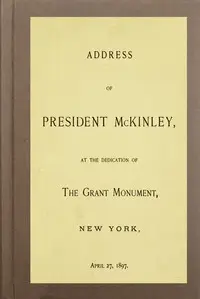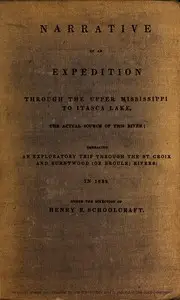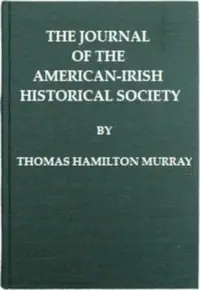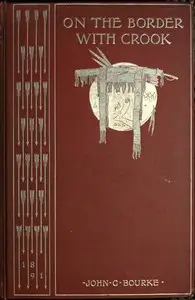"A Supplement to A Compilation of the Messages and Papers of the Presidents: William McKinley" by James D. Richardson is an early 20th-century historical record showcasing a crucial turning point in American governance, during the transition between the 19th and 20th centuries. The book fills in missing presidential communications, offering a deeper look into the end of President William McKinley's term and the start of President Theodore Roosevelt’s leadership, after McKinley's death, and underscores the nation’s steadiness during this period. The volume highlights important national issues like financial changes, the state of industries, and how America interacted with other countries, while also exploring economic problems, the planning of tariff changes, the setting up of money and banking systems, and the management of national emergencies and laws. Together, these records build a picture showing the difficult tasks and heavy responsibilities that U.S. presidents managed during that time.

A Supplement to A Compilation of the Messages and Papers of the Presidents: William McKinley
By William McKinley
Witness a nation navigating challenges after a president's untimely death, grappling with economic reforms and its place on the world stage.
Genres
Released
2004-12-24
Formats
epub3 (images)
epub
mobi (images)
mobi
epub (images)
txt
Free Download
Summary
About the AuthorWilliam McKinley was the 25th president of the United States, serving from 1897 until his assassination in 1901. A member of the Republican Party, he led a realignment that made Republicans largely dominant in the industrial states and nationwide for decades. He presided over victory in the Spanish–American War of 1898; gained control of Hawaii, Puerto Rico, Guam, and the Philippines; restored prosperity after a deep depression; rejected the inflationary monetary policy of free silver, keeping the nation on the gold standard; and raised protective tariffs.
William McKinley was the 25th president of the United States, serving from 1897 until his assassination in 1901. A member of the Republican Party, he led a realignment that made Republicans largely dominant in the industrial states and nationwide for decades. He presided over victory in the Spanish–American War of 1898; gained control of Hawaii, Puerto Rico, Guam, and the Philippines; restored prosperity after a deep depression; rejected the inflationary monetary policy of free silver, keeping the nation on the gold standard; and raised protective tariffs.
Total Reviews
10.0k
Total reviews from Goodreads may change















